Remote selling: Empower your reps to connect with leads and close deals from anywhere

Principal Account Executive, Enterprise at Dialpad

Tags
Share
In the ever-evolving world of sales, remote selling has emerged as a powerful strategy that empowers sales reps to connect with leads and close deals from anywhere. By leveraging technology and digital tools, remote selling breaks the boundaries of traditional office settings, offering greater flexibility, reduced costs, and expanded market reach.
However, this sales model also presents unique challenges. Like how do you build rapport with someone without face-to-face interactions?
In this blog post, I’ll guide you through the ins and outs of remote selling, exploring its benefits and challenges, sharing best practices for success, and answering common questions that sales pros often have—based on my own experience.
Empower your sales team with Dialpad Sell
Dialpad Sell gives your reps robust outreach tools and real-time Ai coaching to close more deals.
What is remote selling?
Remote selling empowers sales reps to work remotely, untethered from the confines of a traditional office. This innovative approach leverages technology and digital tools to connect with prospects, build relationships, and close deals without the need for in-person interactions.
The rise of remote selling has been fueled by the advent of the internet and advancements in communication technology. It offers numerous advantages, including enhanced flexibility and work-life balance for sales reps, reduced overhead costs for businesses, and the ability to tap into a global market, transcending geographical boundaries.
That’s not to say, however, that remote selling’s not without its challenges. To succeed, sales reps must have a disciplined mindset and the ability to stay motivated in a virtual environment. But once you master the art of remote selling, you’ll unlock new opportunities, increase your earning potential, and contribute to the growth and success of your organizations. (So it’s well worth it.)
The benefits and challenges of remote sales
Benefits of remote selling
Remote selling offers a number of benefits for sales reps and businesses, including greater flexibility and work-life balance, reduced overhead costs, and expanded reach to a global market:
Geographical flexibility
One of the biggest advantages of remote selling is the increased flexibility it offers sales reps. Sales reps can work from anywhere with an internet connection, which gives them more control over their schedules and allows them to better balance their work and personal lives. This flexibility can also help sales reps to be more productive, since they can work when they’re most alert and focused.
Cost savings
Remote selling can also help businesses to reduce their overhead costs. By eliminating the need for a traditional office, businesses can save money on rent, utilities, and other office expenses. On top of that, some business models, like dropshipping, allow owners to save on warehouse fees as well by providing the opportunity to open a no-inventory online store.
Additionally, remote selling can help businesses to attract and retain top talent, as sales reps are more likely to be drawn to companies that offer flexible work arrangements.
Access to a global market
Finally, remote selling can help businesses to expand their reach to a global market. With the internet, sales reps can easily connect with leads and customers from all over the world. This can help businesses to grow their sales and revenue, and to diversify their customer base.
Challenges of remote selling
Of course, remote selling also has some challenges, including:
Limited personal connections
One of the biggest challenges is the lack of in-person interaction. This can make it difficult for sales reps to build rapport and trust with prospects, and can also make it more difficult to close deals.
Requires more discipline
Remote selling can require more discipline and self-motivation on the part of sales reps, as they do not have the same level of supervision and support as they would in a traditional office environment.
Remote selling best practices: How to ace (and keep improving) your remote sales
Hire the best possible team and pay attention to onboarding and ongoing coaching
Building a successful remote sales team begins with selecting the right individuals. Look for self-motivated, tech-savvy individuals who are comfortable navigating the digital landscape. Once you have your team in place, invest time in a robust onboarding process, ensuring they’re well-acquainted with your product, sales strategies, and the tools they'll be using.
Ongoing coaching is equally crucial in the remote selling landscape. Regular check-ins, training sessions, and skill-building activities should be a staple in your approach. Leverage tools like to facilitate seamless communication and collaboration among your team, fostering a supportive environment for continuous improvement.
With Dialpad’s Ai Scorecards, for example, supervisors and sales managers can easily create an objective and efficient grading system as part of their customer service scorecards that uses Dialpad Ai to suggest when certain criteria are met, which can really speed up the quality review cycle and save contact center and sales managers a tremendous amount of time (and effort):
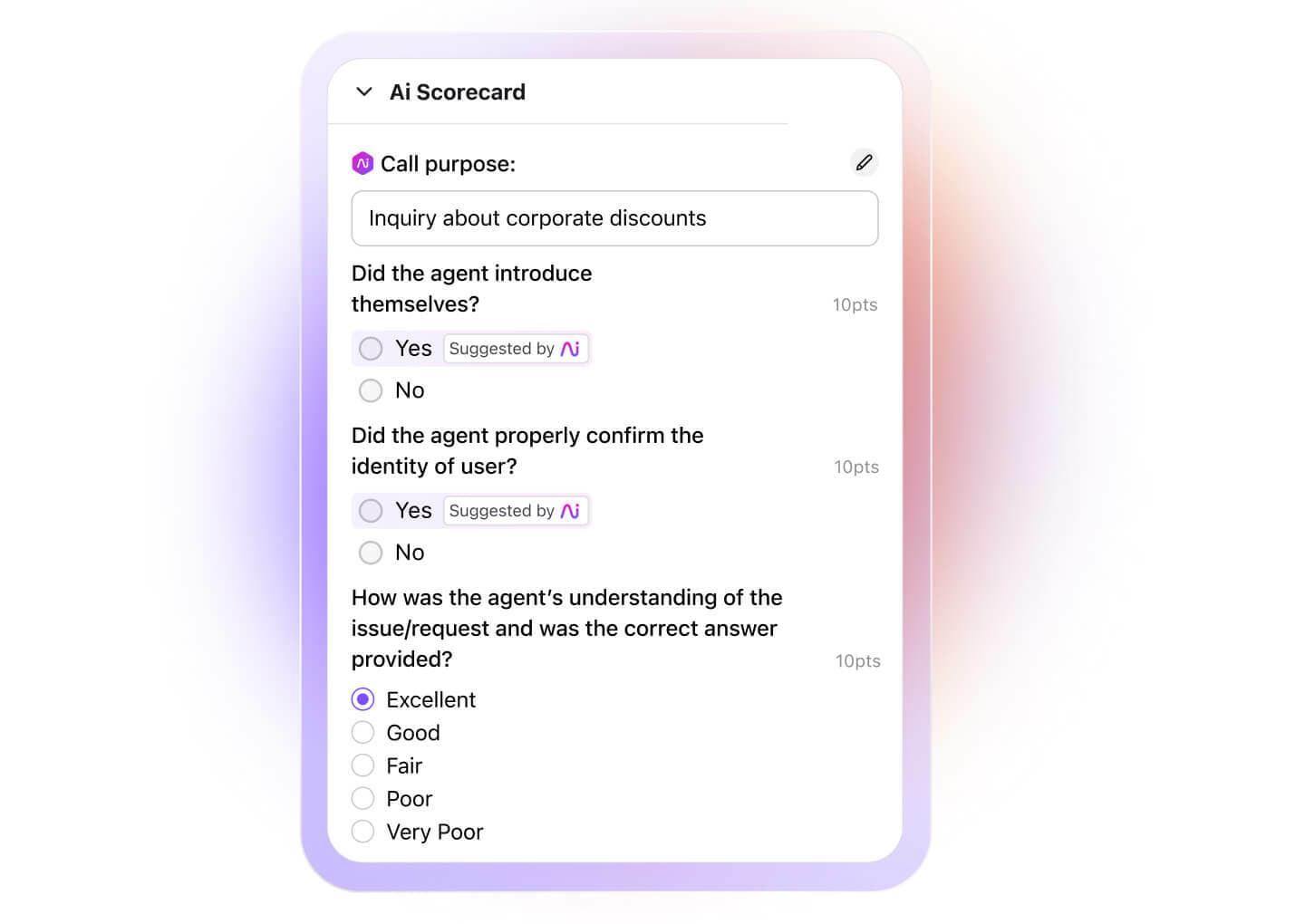
Dialpad’s Ai Coaching Hub provides a single source for all training and coaching during both live calls and post-interaction quality assurance (QA). From coaching struggling agents to doing call reviews and scoring perfectly executed calls, contact center coaches can literally do it all from a single dashboard in Dialpad:
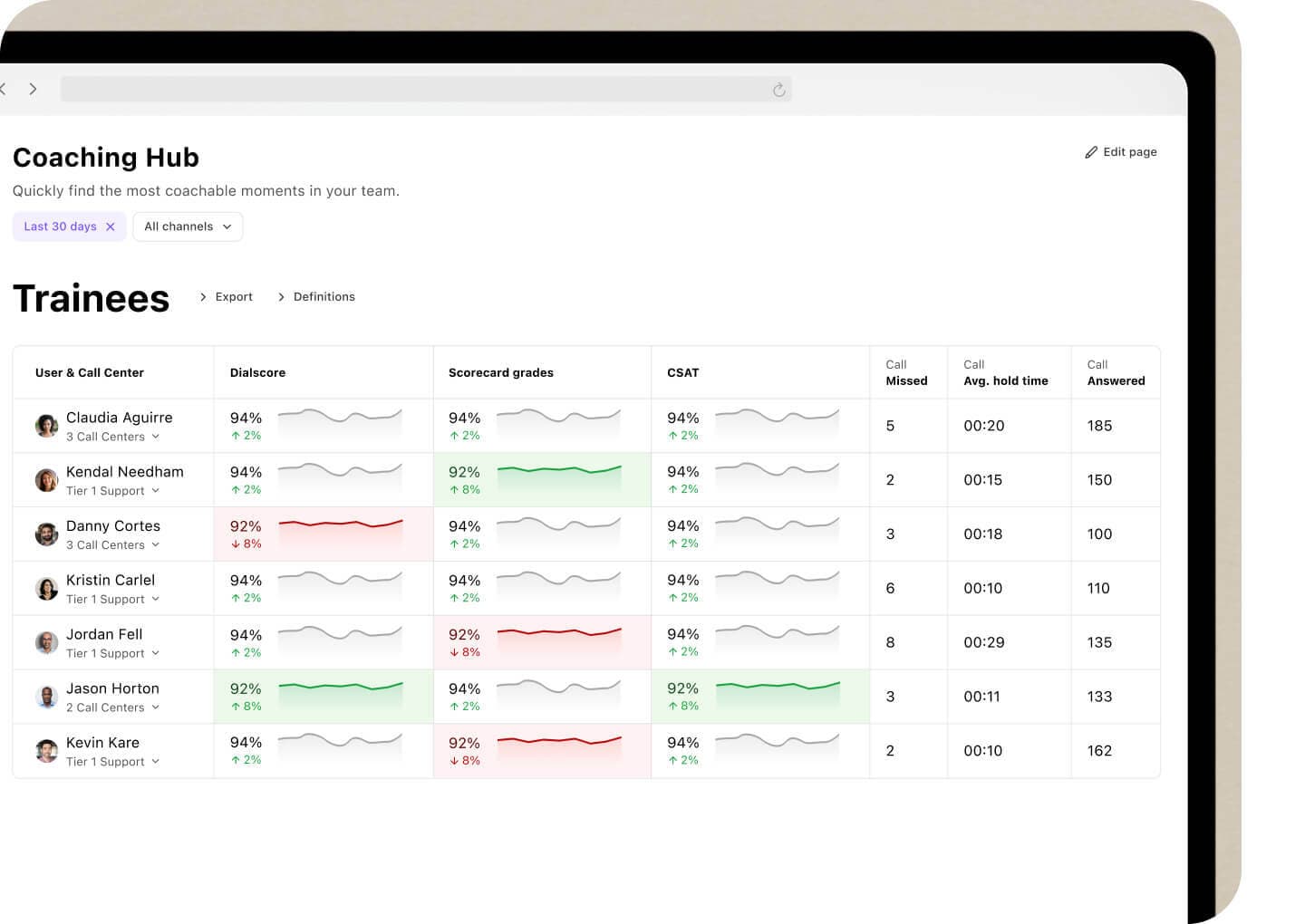
Use technology to your advantage
In the absence of face-to-face interactions, leveraging technology becomes paramount. Equip your team with cutting-edge communication tools to ensure smooth interactions with leads and clients.
Dialpad, for instance, offers a seamless platform for voice and video calls, instant messaging, and collaborative document sharing. By integrating such tools into your remote selling strategy, you enhance both internal team communication and external customer interactions:
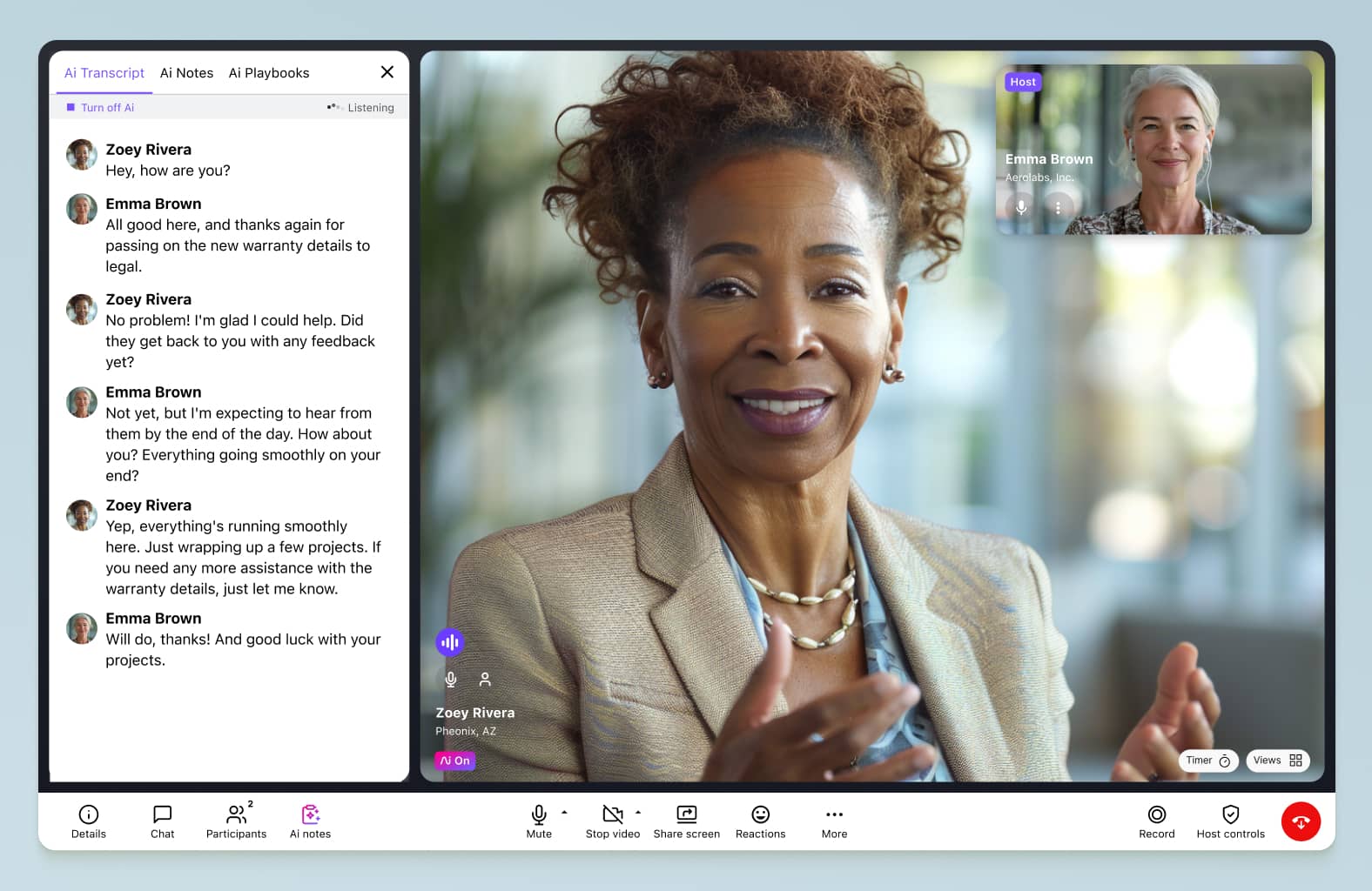
Personalize your approach to each lead
Not all communication channels are created equal, and your sales pitch should reflect that. Whether it's email, video calls, or social media, tailor your message to fit the medium. Understand the nuances of each channel and adapt your approach accordingly.
I find it helpful to follow a general sales methodology but customize my questions to each lead. Dialpad’s Ai Playbooks helps automate this, and checks off steps as I complete them:
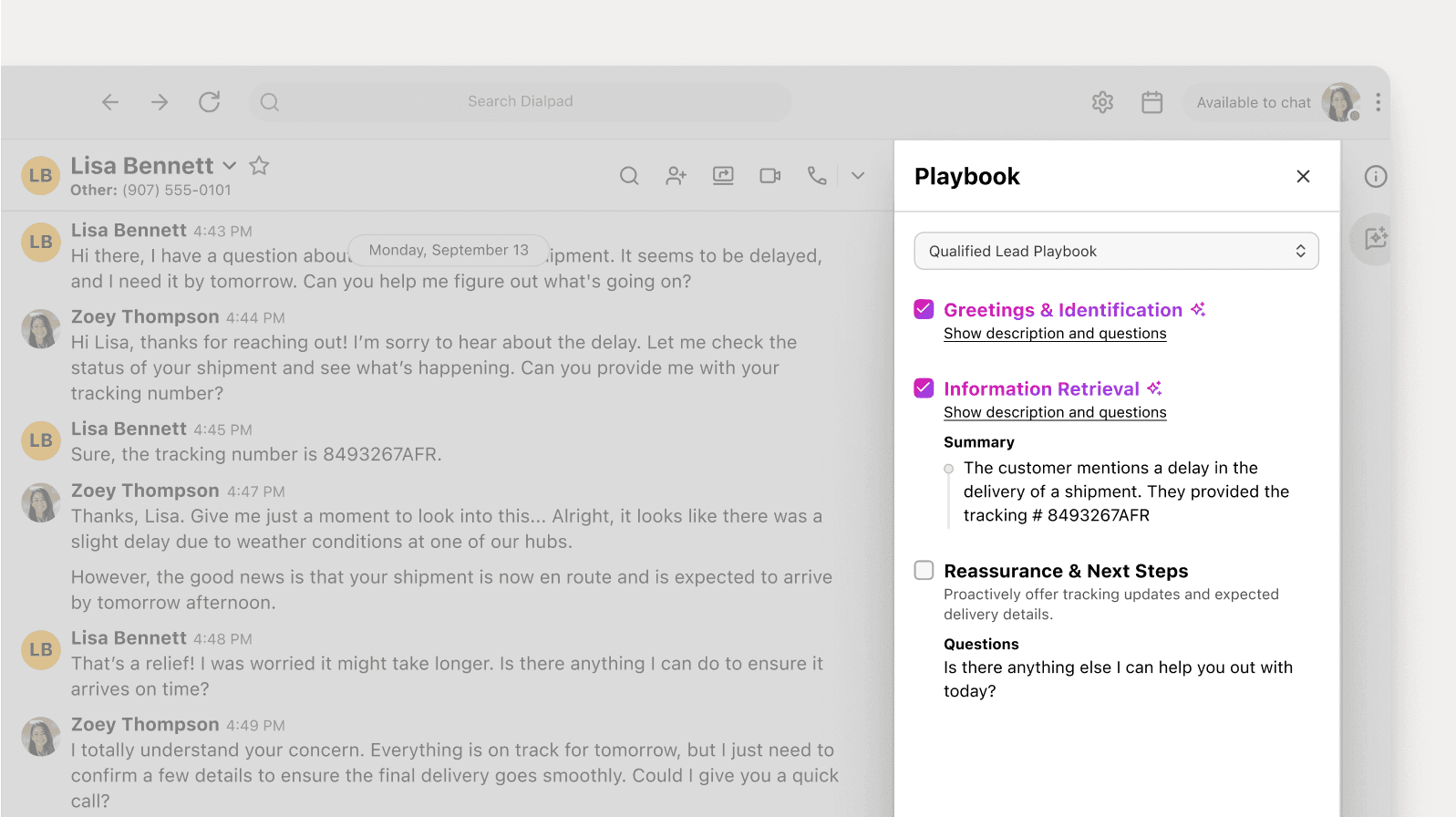
Prioritize relationship-building
Building strong relationships remotely requires intentional effort. Encourage your team to go beyond the transactional aspects of sales and focus on building genuine connections. Schedule virtual coffee meetings, host webinars, and engage in casual conversations to foster a sense of camaraderie.
Active listening and empathy are essential skills here for remote sales reps. When you're listening to a lead, really listen to what they're saying. Don't just wait for your turn to talk. And when you respond, show them that you understand their needs and concerns. This will build trust and rapport, and it will make them more likely to buy from you.
Dialpad’s Ai Live Coach helps me a lot here. It empowers agents with the right answers when they need them most, by using Ai to understand each question, pull the answer from the right place, and deliver it to agents in natural language:
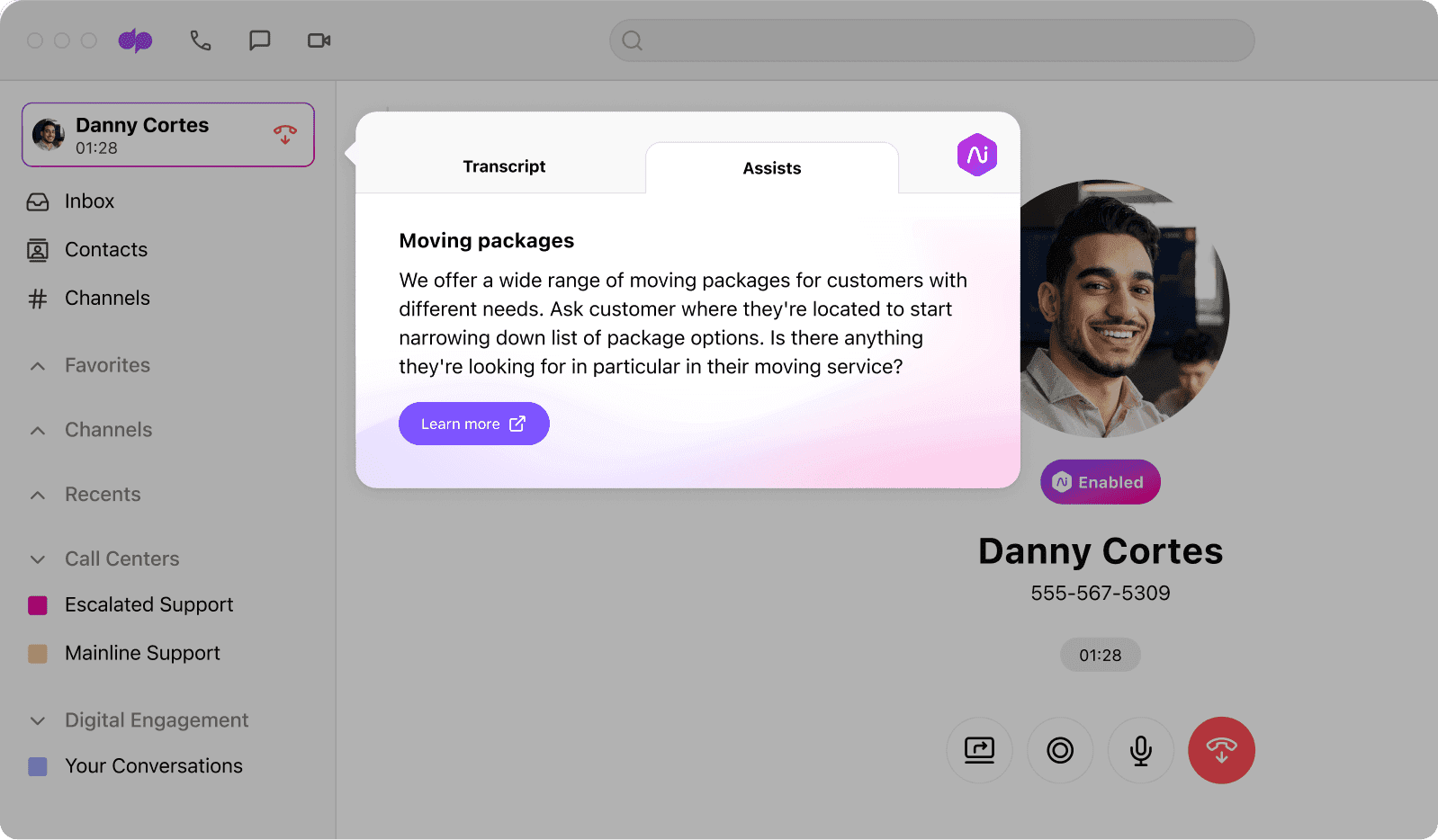
Leverage data for informed decision-making
One of the advantages of remote selling is the wealth of data generated through digital interactions. Leverage analytics tools to track and analyze your remote selling efforts.
With Dialpad, for example, you can see call metrics and even Ai CSAT scores at a glance:
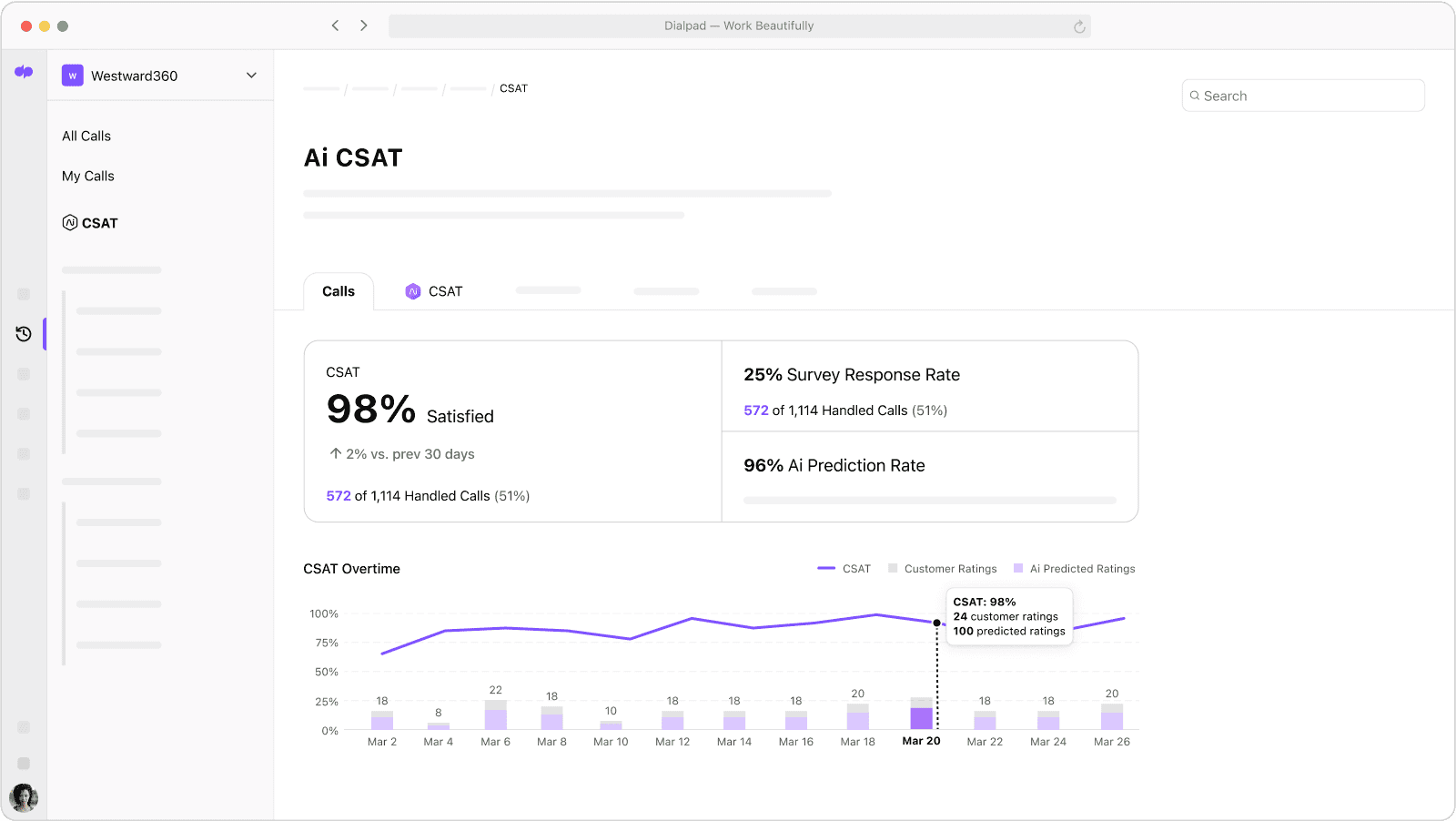
With this data reality at your fingertips, you’ll be able to identify trends that can inform your sales strategy. This data-driven approach ensures that your decisions are well-informed and aligned with the evolving needs of your target audience.
Ready to improve your remote selling process?
Empowering your sales team to excel in remote selling requires a holistic approach that combines the right talent, effective communication tools, and a commitment to continuous improvement. By embracing the benefits, addressing the challenges, and implementing best practices, you position your team for success in the ever-evolving landscape of remote sales.
Power your sales with Ai
Get in touch with our sales team for a hands-on look at Dialpad Sell, or take a self-guided interactive tour of the app first!
